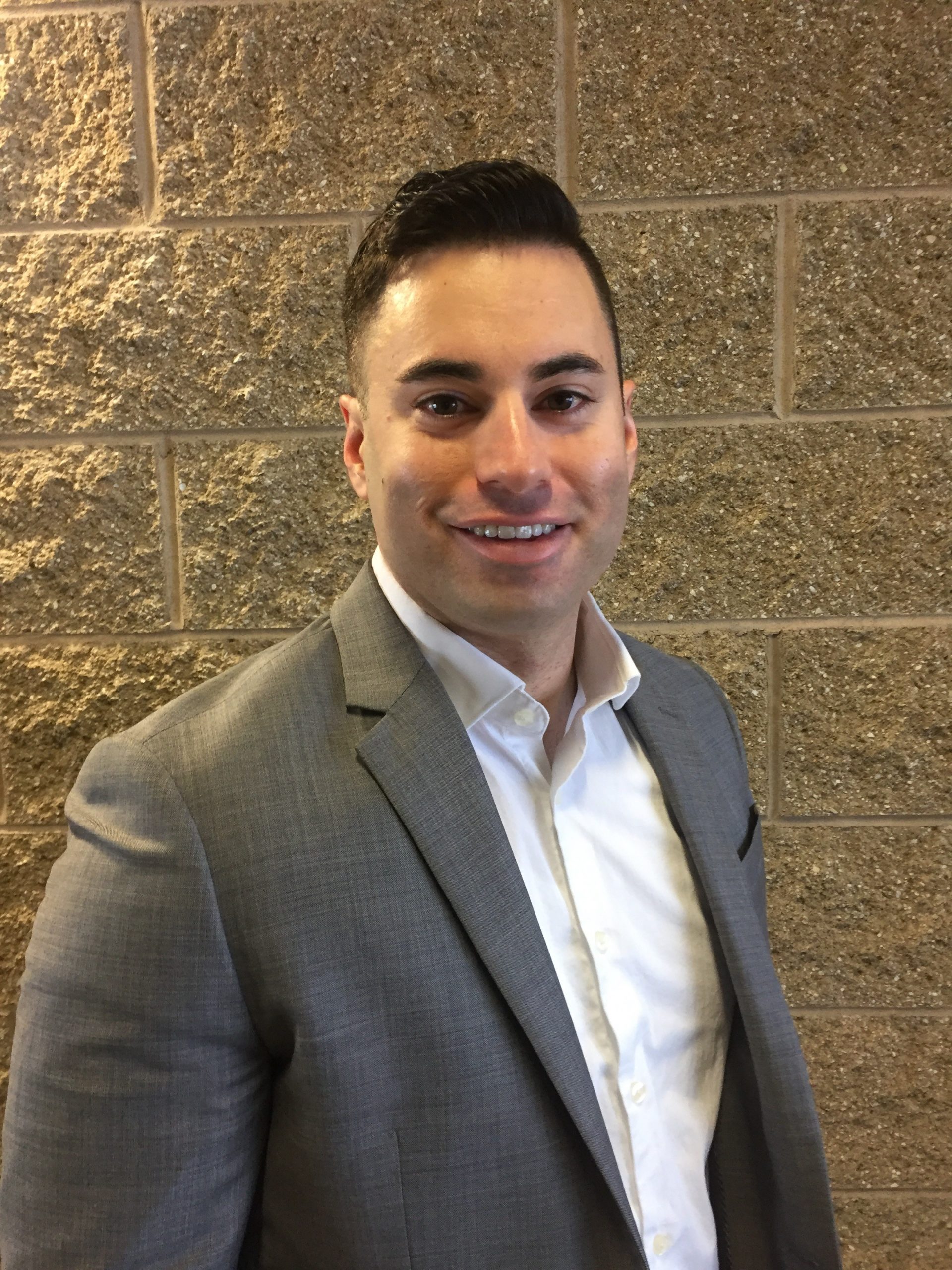Just like other businesses, addiction treatment centers have to market their services in an increasingly competitive market. It’s difficult to reach your target audience when all your competitors are using various digital marketing strategies to reach them first.
In this digital age, even addiction treatment centers must establish their presence online if they want to reach their target audience. But despite the importance of digital marketing, there is one strategy that is often overlooked, and that is email marketing.
The online space is dominated by search engine optimization (SEO), paid ads, and social media. That’s why it’s easy for business owners to overlook email. But marketing experts will tell you that email remains one of the most powerful tools for building trust, nurturing leads, and converting inquiries into admissions.
Email marketing lets you speak directly to your audience, including individuals struggling with substance use disorders (SUDs), families in crisis, or professionals referring clients. With email, you can reach them without having to fight for their attention in a noisy or crowded space.
But in order to get the most out of email marketing, you need to understand how to use it properly. This is where email addiction treatment marketing consulting comes in: the specialized art and science of designing, executing, and optimizing email strategies that are compliant, compassionate, and conversion-focused.
Here we will explore what email addiction treatment marketing consulting is, why email marketing works, and how to use it properly. Let’s take a closer look:
What is Email Addiction Treatment Marketing Consulting?
Email addiction treatment marketing consulting is a specialized service that helps drug and alcohol rehab centers create effective, ethical email campaigns that reach prospective clients and referral sources. Working with a digital marketing company is generally a good idea, but a consultant in this niche can give you even more value.
Specialists in the addiction treatment marketing field understand HIPAA and data privacy laws, email list building strategies, marketing automation, and the sensitive nature of addiction messaging. They can use their expertise to nurture long decision cycles without overwhelming your leads.
Unlike general email marketers who might focus on e-commerce or entertainment, a consultant for treatment centers works within a highly regulated, highly emotional space where trust and timing are everything.
Why Email Marketing Works for Addiction Treatment Centers
As you already know, the world of addiction recovery is all about trust and consistent communication. People won’t visit your rehab center if they don’t trust you in the first place.
Email marketing offers a powerful way to stay connected with past clients, engage families, and reach potential clients who are researching their treatment options. This is not like traditional marketing where you want to cast a wide net. Email marketing is all about direct, personal outreach that is tailored to where someone is in their recovery journey.
For addiction treatment centers that want to remain top-of-mind while building meaningful connections, email is still one of the most reliable channels available.
If you think email is dead, here are some reasons why you need to incorporate it into your comprehensive marketing campaign:
It’s Direct and Personal
Email marketing allows addiction treatment facilities to speak directly to people in a private, respectful way. The direct nature of email means it can be customized to fit the needs of each recipient. This level of personalization builds trust. It also helps patients feel seen and understood. But be careful: this direct line to your patients may also feel invasive if you don’t tailor its content to the recipients.
It Builds Long-Term Relationships
If a patient lets you add them to your email list, that’s already a good sign. But if you utilize this channel properly, it can pave the way for long-term relationships. This is important because successful recovery often requires ongoing support.
Email is an excellent tool for maintaining consistent contact. From monthly newsletters to relapse prevention tips or alumni event invitations, emails help centers nurture these relationships, whether you’re talking to clients, their family members, or even alumni.
This continuous connection reinforces a sense of community and can lead to higher rates of referrals, re-engagement, and long-term success in recovery.
It’s Cost-Effective
Compared to print advertising or paid search campaigns, email marketing is extremely budget-friendly. With the right strategy and a small investment in a reliable email platform, rehab centers can communicate with hundreds or thousands of people at once. This scalability means centers can maintain visibility without stretching their marketing budget—an especially important factor for nonprofits or smaller facilities.
It Complements Other Channels
Email works best when it supports a broader marketing strategy. For example, emails can link to blog content, promote new videos on social media, or remind subscribers of upcoming webinars. This bridges the gap between the different platforms you’re using, guiding readers to explore more about your facility.
Used alongside SEO, social media, and referral programs, email marketing helps ensure no opportunity for connection is missed.
Types of Emails Every Addiction Treatment Center Should Use
Email marketing can be used in a number of ways depending on your goals. You can use them to build rust, provide value, or simply stay connected to your clients.
Unlike social media or ads, email allows you to build direct, personal, and timely communication that nurtures relationships at every stage of the recovery journey. It’s all about what kind of emails you send. Here are the key types of emails you should be sending:
Welcome Sequences
When someone subscribes or inquires through your website, a thoughtful welcome sequence can set the tone. These emails should introduce your facility, your philosophy of care, and what someone can expect next. It’s an opportunity to start building that connection by answering common questions and offering reassurance during what is often a vulnerable moment.
Lead Nurturing Campaigns
Many prospective clients or their families aren’t ready to commit to one treatment option right away. Lead nurturing emails offer valuable education on addiction, treatment options, and recovery success stories. This approach helps establish your facility as a trustworthy resource while providing valuable information that can help them make informed decisions. This will also keep your center top of mind once they are ready to take the next step.
Crisis Response Emails
When someone reaches out in distress, timing is everything. Crisis response emails should be empathetic, immediate, and action-oriented. It should offer a clear path to contact admissions or speak with a counselor. These emails may include emergency resources, a direct phone number, or a link to schedule a call. The goal is to make it as easy as possible for your target audience to receive the help that they need, as soon as they are ready to get started on their recovery journey.
Professional Referral Campaigns
Cultivating relationships with therapists, doctors, legal professionals, and community agencies is key to consistent referrals. Email campaigns to this audience should highlight your facility’s strengths, share client success stories (with consent), and make it easy to refer clients with downloadable forms or direct contact info.
Alumni & Aftercare Campaigns
Staying in touch with alumni reinforces long-term recovery and boosts your center’s reputation. These emails might include motivational messages, upcoming alumni events, support group invites, or mental health tips. They also open the door for alumni to refer others or share testimonials about their experience with your facility.
What Does a Consultant Actually Do?
A good email addiction treatment marketing consultant wears many hats—strategist, writer, compliance advisor, and campaign analyst. Here’s what you can expect from them:
Copywriting and Content Strategy
A skilled email addiction treatment marketing consultant can craft compelling, ethical, and empathetic content. These are tailored to the emotional journey of prospective clients and their loved ones.
Marketing consultants understand how to communicate your brand’s message of hope without triggering or alienating the reader. They can develop strategic email sequences while ensuring that each message serves a clear purpose, moving the recipient one step closer to treatment.
Funnel Design and Automation
Beyond writing, a consultant maps out the entire email funnel, from the first point of contact to long-term follow-up sequences. They design automated workflows that guide prospects through the decision-making process with minimal manual intervention.
They typically use tools like ActiveCampaign, HubSpot, and Mailchimp to segment lists, time messages appropriately, and set behavior-based triggers so that the right person gets the right message at the right time. Their efforts can lead to a scalable system that nurtures leads 24/7 and keeps your admissions pipeline warm.
Compliance Review
Because addiction treatment marketing is subject to strict HIPAA regulations and ethical advertising guidelines, a reputable consultant will review all email content and systems to make sure everything is in compliance. This includes safeguarding patient information, using appropriate disclaimers, avoiding deceptive language, and adhering to consent and unsubscribe protocols.
Consultants help you avoid costly violations while still running effective, high-converting campaigns.
Common Mistakes Treatment Centers Make with Email Marketing
While email has its place in your overall digital marketing campaign, you need to be careful not to misuse it. Having a direct line to your target audience is a great opportunity, but it also comes with a responsibility to only send relevant and valuable content.
Remember, mistakes in strategy or execution will not just reduce the effectiveness of your outreach but also damage your credibility and reputation. Here are some common mistakes to avoid:
Buying Email Lists
While this may seem like a quick way to grow your reach, it usually backfires. These lists often contain outdated or irrelevant contacts, leading to high bounce rates and spam complaints. Worse, contacting people who didn’t opt in violates privacy norms and can harm your center’s reputation. Email marketing is effective, but you shouldn’t forget that it is a form of permission-based marketing.
Overwhelming Your Audience
Sending too many emails in a short time is intrusive, especially in this context where you are dealing with vulnerable individuals struggling with addiction. If recipients feel bombarded, they may mark your emails as spam or unsubscribe entirely. A thoughtful, spaced-out email schedule that delivers real value—rather than constant self-promotion—is far more effective.
Not Segmenting Your Audience
Email campaigns that treat every recipient the same fail to connect on a meaningful level.
A family member seeking help for a loved one is in a different mindset than a person in early recovery or a professional referral partner. Segmenting your list allows you to tailor content to specific needs and stages of the decision-making process, which leads to higher engagement and conversion rates. If people keep receiving emails that are not relevant to their needs, they may think of you as a spammer.
Ignoring Mobile Optimization
Most people read emails on their phones, so if your emails aren’t mobile-friendly, you’re likely losing attention—and trust. Poor formatting, unreadable text, or buttons that don’t work on smaller screens can frustrate users and reduce the likelihood they’ll interact with your content. Optimizing for mobile ensures your message is accessible and professional, no matter where or how it’s read.
How to Choose the Right Email Consultant for Your Rehab Center
Email marketing can be a powerful tool, but only if it’s done right. Choosing the right email consultant is especially important in the behavioral health space, where sensitivity, compliance, and compassion must go hand in hand with strategy and technical expertise. A misstep in tone or targeting can damage your reputation or worse, violate privacy laws. Here are some traits to look for when hiring an email addiction treatment marketing consultant:
Experience in Behavioral Health
The addiction recovery field comes with its own language. A consultant with direct experience in behavioral health will understand the importance of tone, confidentiality, and timing. They’ll know how to speak to people in crisis and their families with care while still encouraging action.
Knowledge of Email Regulations
From HIPAA compliance to CAN-SPAM and GDPR, your email campaigns need to respect strict legal boundaries. A seasoned consultant should be fluent in these regulations and know how to implement best practices to avoid legal and ethical missteps.
Strong Writing and Empathy Skills
Recovery is deeply personal, and your emails must reflect a balance of professionalism and compassion. Look for someone who can write clearly, concisely, and with warmth. An ideal consultant will understand how to guide someone from fear to hope—from reading a subject line to booking a consultation—without sounding manipulative or impersonal. Keep in mind that empathy isn’t just a bonus in this space; it’s required.
What Success Looks Like
Success in email marketing isn’t just about open rates. While a high open rate can indicate strong subject lines or good timing, it doesn’t necessarily mean the campaign was impactful.
True success goes deeper—measured by how well your emails drive engagement and encourage prospective clients to take the next step. Click-through rates, replies to personal outreach, and time spent reading the email are all signals that your content is resonating on a human level.
Another key indicator of success is how effectively your email campaigns are connecting people to the care that they need. That is the broader goal after all. An increase in inquiries, admissions, or even downloads of educational materials from your website can signal strong email performance.
In short, successful email marketing is all about trust, connection, and conversion.
Work with MasterMindSEO
Email may not be flashy, but it’s deeply personal. Used correctly, it can be an incredibly powerful addition to your arsenal of digital marketing techniques.
An experienced email addiction treatment marketing consultant can help you use this channel to build authentic relationships, nurture families during difficult times, and create an admissions pipeline grounded in ethics and empathy.
Don’t leave this valuable channel untapped. With the right strategy, you’ll not only fill more beds—you’ll truly help more people find the healing they need. If you’re serious about reaching more clients and building a sustainable admissions pipeline, partnering with a specialized marketing team is an incredibly important decision.
MasterMindSEO has experience in performing digital marketing campaigns for e-commerce, national, regional and local businesses. Email or call and we will be happy to see how we can help your center get more leads and help more patients!
Ready to take your addiction treatment SEO to the next level? Want to rank your detox center on Google Maps? Let MasterMindSEO help you.


